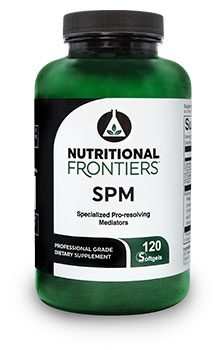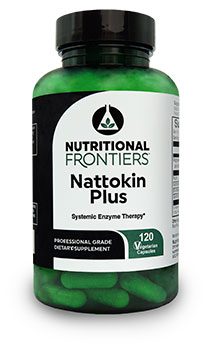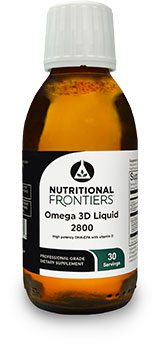Sections
- Antibiotics
- Artificial Sweeteners
- Aspirin & Stroke
- Blood Pressure Medications & Mineral Depletion
- Calcium
- Coenzyme Q10
- Diet & Lifestyle
- Food Allergies
- Nutritional Frontiers Purity & Potency
- Possible Imbalances From Medications
- Quality & Patented Research
- Quality, Purity, & Potency
- Targeted Nutrition
- The Benefits of Multivitamin Use Substantiated
- The Dangers of Over-The-Counter Pain Medications
- The Ins & Outs of Whey Protein
- Vitamin D Deficiency
- What’s In Your Multivitamin?
- Why Choose Nutritional Frontiers Vegetable Protein Over Competing Brands
Aspirin is routinely recommended by medical doctors to people who have a high risk of stroke or heart attack to purportedly decrease their risk for these catastrophic cardiovascular events. Stroke occurs when blood supply to the brain is disturbed, causing temporary or permanent loss of some brain function.
Depending on which area of the brain is affected, the stroke survivor may have paralysis, speech problems, visual problems, numbness or other changes in sensation, altered smell, taste or hearing, problems with balance, and numerous other symptoms. A stroke is a medical emergency. It is the leading cause of disability in adults in the USA and Europe; it is the second leading cause of death worldwide.
Strokes can be categorized as either ischemic or hemorrhagic. Ischemic stroke is characterized by lack of blood flow to the brain (ischemia) caused by blockage: thrombosis or embolism. Hemorrhagic stroke is the result of leakage of blood in the skull, sometimes associated with high blood pressure. Aspirin interferes with the ability of blood to clot and therefore reduces the risk of ischemic stroke. Blood normally clots at wound sites; clots form a ‘plug’ that stops bleeding. This becomes problematic when someone has atherosclerosis and the blood vessels are narrowed from the buildup of oxidized fatty deposits. If a blood clot forms in an already narrow vessel to the brain or heart, this impedes the flow of life-sustaining blood and can cause a stroke or heart attack. Since aspirin prevents clots from forming as easily, it can therefore lower the risk of ischemic events.
However, aspirin is not a panacea for eliminating stroke risk. Doctors should only be recommending daily aspirin use to patients at high risk of heart attack or ischemic stroke because daily aspirin can actually increase the risk of hemorrhagic stroke in older people! According to a study published in the medical journal Lancet Neurology in 2007, researchers in the United Kingdom found that while the incidence of ischemic stroke has decreased over time with use of antithrombotic therapy like aspirin, the incidence of hemorrhagic stroke due to antithrombotic medications in people over age 75 has increased! This suggests that for people over age 75, the risks of aspirin outweigh the benefits. Furthermore, a new analysis of randomized controlled trials by researchers in the UK concludes that aspirin prophylaxis in people without previous heart disease does not lead to reductions in cardiovascular death or cancer mortality. Furthermore, any benefits (like, reducing non-fatal heart attacks) are offset by adverse bleeding events.







